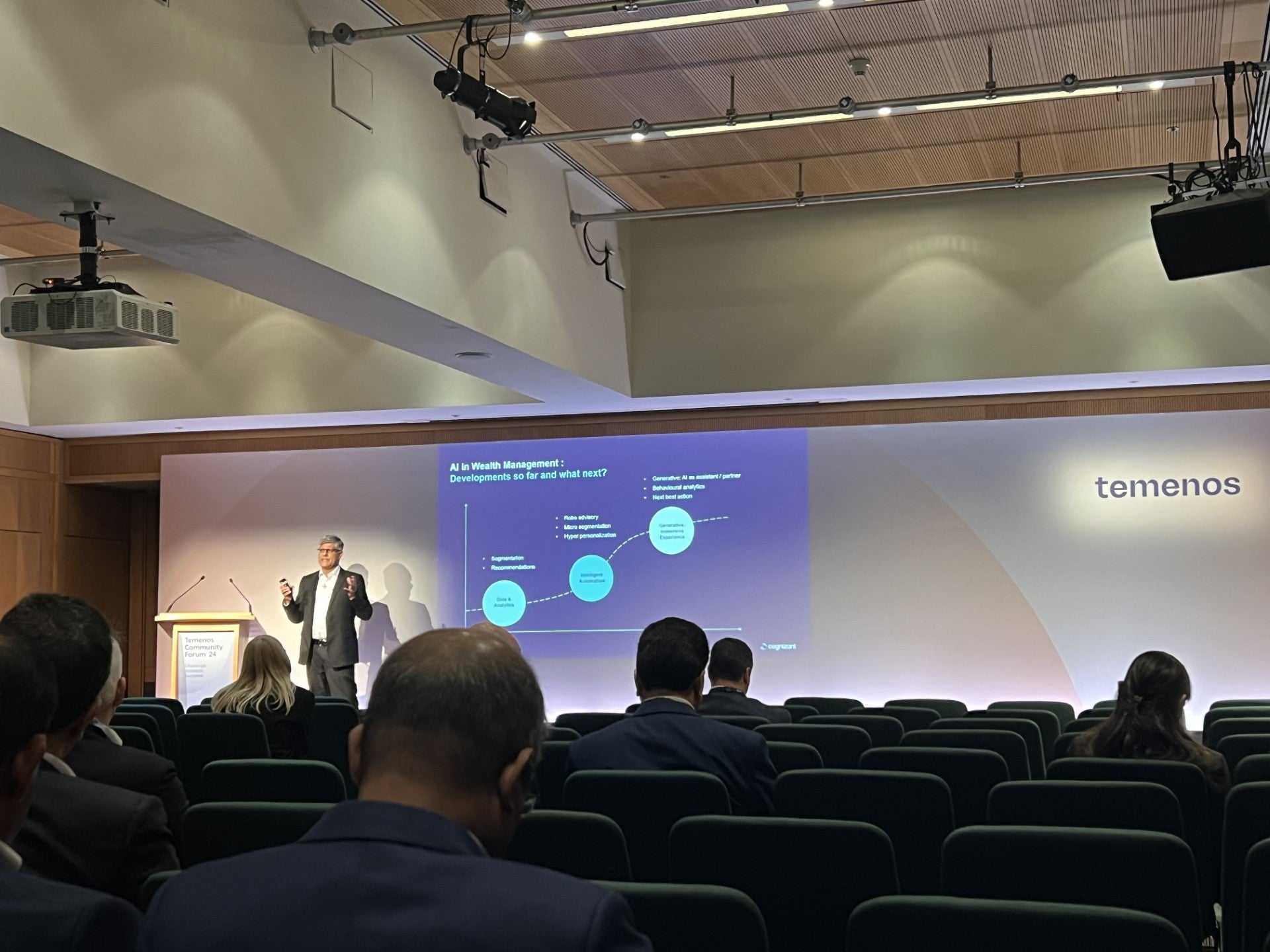
The wealth management industry is undergoing significant shifts due to wealth transfer and political influences; digital transformation may be the key to all of it.
To keep clients and adjust to the tastes of the next generation, wealth managers need strike a balance between expansion and operational effectiveness.
AI may assist with risk identification, work automation, and personalised recommendations in addition to enhancing services, reducing expenses, and forging closer bonds with customers.
Primary drivers that are reshaping the industry are: the transfer of wealth across generations, the emerging influence of the mass affluent segment, and the integration of generative AI technologies.
Sanjay Bhanot, head, industry solutions at BFS Cognizant emphasised the long-term trend of wealth transfer impacting the industry, as well as the emergence of a new wealth segment driving change in banking.
As a solution to these challenges, AI has become increasingly important. Over the past decade, AI in wealth management has evolved from simple analytics to hyper-personalisation, enabling firms to better understand and meet the needs of their clients.
How well do you really know your competitors?
Access the most comprehensive Company Profiles on the market, powered by GlobalData. Save hours of research. Gain competitive edge.

Thank you!
Your download email will arrive shortly
Not ready to buy yet? Download a free sample
We are confident about the unique quality of our Company Profiles. However, we want you to make the most beneficial decision for your business, so we offer a free sample that you can download by submitting the below form
By GlobalDataWealth transfer between generations is experiencing unprecedented growth, presenting both opportunities and challenges for the wealth management industry.
New wealth segment drives change in banking industry
The emerging influence of the affluent is likely to remain fluid in the near future. This segment represents individuals or families with incomes higher than average, who possess the capability and risk-taking ability to invest in higher-end financial products beyond typical savings.
While universal banks offer such products, traditional desk managers at wealth management firms have been hesitant to address this segment due to the higher cost of servicing and potentially lower profitability associated with it.
However, for universal banks with wealth management arms, this affluent segment has proven to be highly attractive.
According to Bhanot, the need for wealth managers to adapt to the changing customer profile, driven by intergenerational wealth transfer and the emerging influence of politics, is crucial.
Bhanot highlighted the potential of AI and Gen AI in addressing these challenges, enabling wealth managers to personalize their services to the evolving customer needs.
These affluent individuals, often referred to as the “new rich,” or “mass affluent,” are digital natives who have grown up with technology, influencing their behaviour and expectations.
Moreover, this shifting customer profile is a fundamental aspect driving industry change. With this background, the role of AI, particularly generative AI, becomes crucial in addressing these challenges.
It enables wealth managers and relationship managers to better understand and cater to the needs of this evolving segment, thus maximising the opportunities presented.
Wealth transfer across generations
With an estimated $58trn of wealth set to be transferred over the next 30 to 40 years, the dynamics of wealth management are undergoing a significant shift. As wealth moves from one generation to another, the expectations and needs of the beneficiary’s change. This transfer presents both challenges and opportunities for wealth managers.
A critical aspect is retaining the relationships with existing clients. Studies suggest that 65% of the new generation may or may not continue with their current advisors, posing a threat to existing relationships.
To address this, wealth managers are turning to AI to better understand the evolving needs of their clients and tailor their services accordingly.
Emerging influence of mass affluent segment
The emergence of the mass affluent segment is another key driver.
Furthermore, this segment comprises a new generation of affluent individuals who are capable of accessing high-end financial products beyond what universal banks typically offer.
Importantly, they are digital natives, having grown up with technology, which fundamentally changes their expectations and preferences.
Applying generative AI
To navigate these shifts, wealth managers are increasingly turning to generative AI technologies. By combining data, behavioural understanding, and knowledge, AI can drive profitable growth both internally and externally.
With Cognizant, internally, AI helps optimise relationships, investments, and operations management, leading to increased profitability.
Externally, it enables wealth managers to better understand and delight customers, prospects, and their network.
Addressing evolving customer profiles
To stay attractive in this changing landscape, wealth managers need to focus on three key areas: retention, acquisition, and development.
Retention: Retaining existing clients is crucial, especially as wealth transfers across generations. AI plays a significant role here, helping wealth managers understand and meet the evolving needs of their clients.
Acquisition: Acquiring new clients, particularly digital natives with different objectives, requires a careful balance of innovation and responsibility. Wealth managers are leveraging new technologies and initiatives to attract these clients while ensuring compliance and innovation.
Development: Once acquired, the focus shifts to developing strong relationships through deep insights into client needs. This involves tailoring products and services to meet evolving needs through different life stages.
Cognizant solution approach for Responsible AI
Firms like Cognizant are at the forefront of providing responsible AI solutions for wealth management. By leveraging cognitive architectures to build enterprise generative applications and automated relationship management systems, they are helping wealth managers navigate the complexities of the modern financial landscape while ensuring ethical and responsible practices.
In conclusion, the integration of generative AI, combined with a focus on addressing the evolving needs of clients across generations and segments, is reshaping wealth management strategies worldwide. Firms that can adapt to these changes will be well-positioned to thrive in the future.







